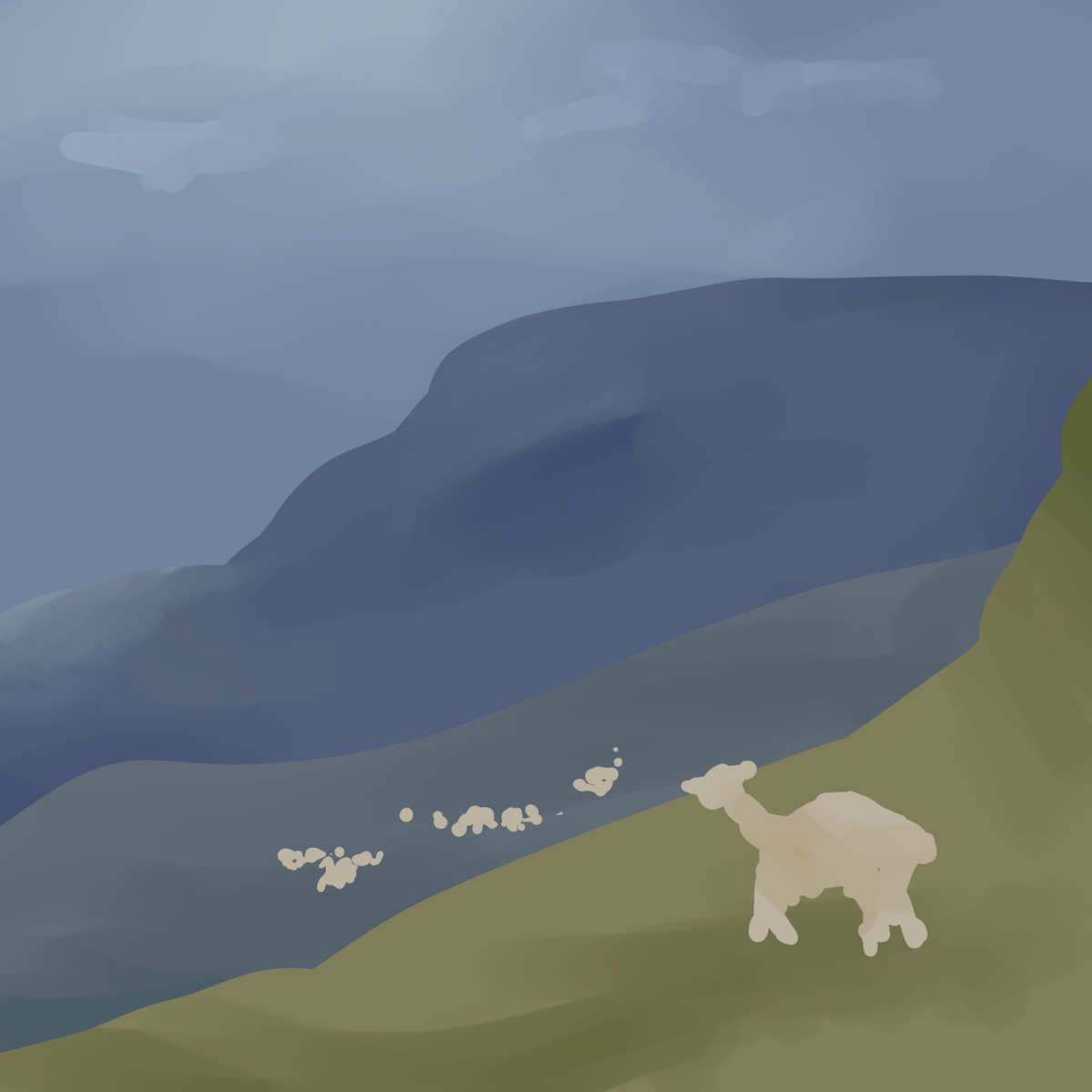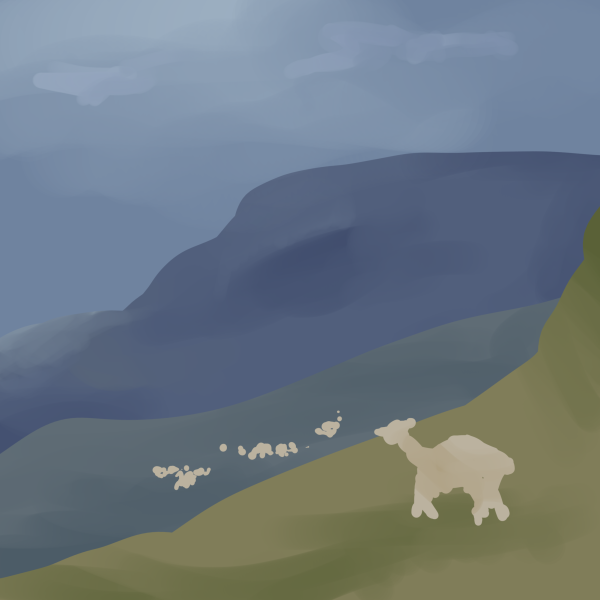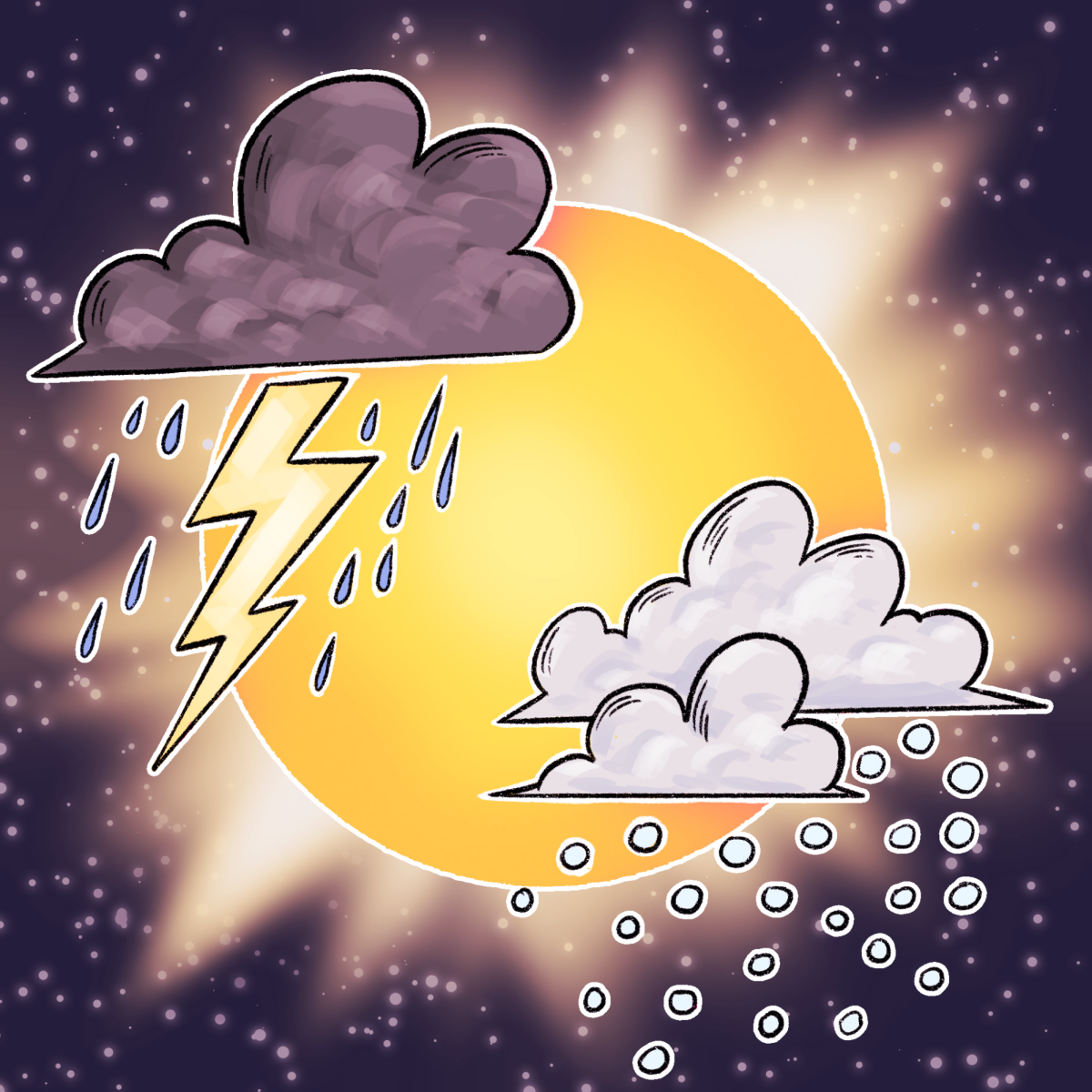Introducing llamas into areas of Peru affected by receding glaciers may help reverse some effects of climate change, according to a new study published by researchers from UT and Peru.
Due to rising global temperatures, glaciers on the mountains and hillsides of Peru have begun to recede, leaving behind low-nutrient soil that is incompatible with the region’s current ecosystem. Tim Beach, a professor in geography, and Anaïs Zimmer, a research affiliate in geography, focused years of research on how grazing animals like llamas can help revitalize that same soil.
The team of researchers set up eight plots of land, at the edge of the Uruashraju glacier, four of which included llamas and four acting as control plots, according to the study.
“Before introducing the llamas, we did a survey … to see how much plant cover we have and what plant species were present. We collected soil, we did soil analysis, and after three years, we did the same,” Zimmer said.
The plots with llamas showed a 57% increase in plant cover, along with an increase in soil nutrition levels. Beach and Zimmer said the llama’s grazing behavior, coupled with its transporting of seeds through fur and feces, are responsible for the surge in fertility.
“[Looking through feces] doesn’t sound like fun, but when you see vegetation sprouting out of that, and you recognize that the whole ecosystem goes back to this latrine,” Beach said. “Because the llamas go to graze there too … you see that these are little islands of fertility, that then lead to the stabilization of this ecosystem.”
Beach and Zimmer said they are proud of the work they’ve done together, but they are not the only ones who should be given credit. The work was done in collaboration with Llama 2000 Asociación, an organization of local Peruvian farmers whose land and communities had been negatively impacted by the receding glaciers.
“To do the science, it not only requires the people who are the authors, but all of these other groups that are helping out as well,” Beach said. “It shows the constant need for collaboration and to develop communities that are interested in these kinds of things.”
















